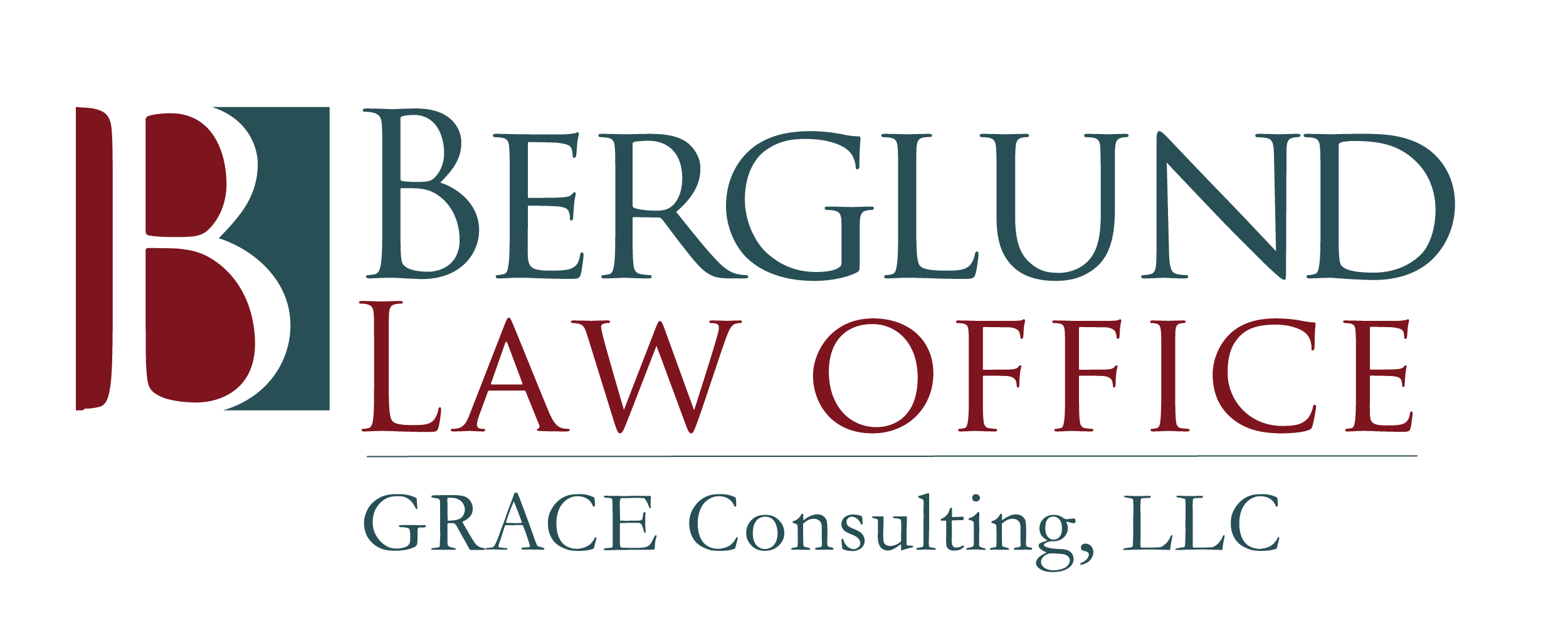
PREPARATION OF A WILL OR A TRUST
If you die without a will, the Minnesota laws of intestate succession will determine how and to whom your assets will be distributed. In general, your property will pass to your closest relatives. State law is indifferent to your individual needs or wishes and operates to distribute assets regardless of a person’s desires. However, state law only specifies how a person’s assets will be divided when you die without a will. Most people assume that the state gives all of the assets to the surviving spouse, but this is not the case.

In Minnesota and most states, the state grants only a portion of the assets (between one-third and one-half) to the surviving spouse. The rest of the estate goes to certain other family members. The state laws do not take into account any personal relationships a person may have. The state laws do not take into consideration a person’s own preferences. A properly drafted and executed “last will and testament” is the best line of defense against these indifferent state laws.
A “will” is a legal document that is designed to ensure a relatively easy and simple passing of one’s property from generation to generation. By executing a will you can determine who your assets are distributed to and in what percentages to each heir.
For individuals with multiple real estate or in certain other situations, a “living trust” might be in order. There are many different kinds of trusts for different purposes and all trusts can be either “revocable” or “irrevocable”. Two of the most popular trusts are “living trusts” (which can help you avoid probate) and “testamentary trusts” (created by a special will to take effect after your death).
Since minors cannot legally own property, if both parents die a “trustee” can be appointed who will manage and administer the trust assets until the children reach the age specified by parents at which time the assets can be transferred to them outright. Other trusts can be established to enable married couple to shelter their estate from estate taxes, to use life insurance to reduce estate taxes, and to make donations to charities and receive favorable tax treatment

APPOINT YOUR “PERSONAL REPRESENTATIVE(S)” (“PRS”) OR “TRUSTEE(S)”
Like all states, Minnesota has laws that specify who may wind up the personal affairs of someone who has died. This position is commonly referred to as the “executor” or the “personal representative”. With your will or trust, you can avoid family conflict by appointing someone to serve as your PR or trustee who will be fair and honest. You can choose anyone you want to fill this position, thereby reducing the chances of potentially ugly post-death battles.
APPOINT YOUR “HEALTH CARE AGENT(S)
Both your health care power of attorney and your Minnesota Health Care Directive enable you to appoint another person (or persons)—called your “agent(s)” –to make health care decisions for you if a physician decides you are unable to do so (or communicate your decisions). The
Minnesota Health Care Directive also allows you to give your agent the power to carry out your funeral arrangements, make decisions about appropriate mental health treatment, and other powers. The Minnesota Health Care Directive allows you to give more detailed instructions about your health care instructions and values if you wish.
TAX PLANNING FOR LARGE ESTATES
If you are amongst the “1 %” who has to worry about estate taxes, estate planning can help avoid or minimize the amounts that might be payable to the state or Uncle Sam upon your demise. Today, the federal government only taxes the value of a person’s property that exceeds about 11 million dollars. The state of Minnesota, however, imposes a “death tax” on property worth more than 3 million dollars. This amount is inclusive of retirement savings and life insurance policies.
